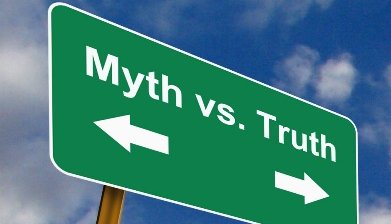
Why does change fail?
With change failure rates hovering around 50% (according to the most recent surveys from McKinsey and IBM), we must wonder why. In The Science of Successful Organizational Change, I try to challenge some of the orthodox beliefs about change – for example, that metaphors such as “freezing” and “unfreezing” are apt, that burning platforms are a useful metaphor, and that resistance to change follows the “grief model” of denial, anger, bargaining, depression, acceptance.
Table of top-20 change management myths
Here is the table from the introduction. This is this model’s first airing – I’ve shared none of this content, so would love a robust challenge from change experts and business people of all stripes. (It is not too late to tell me that I am full of baloney.)

The Science of Organizational Change, published by the FT Press (Pearson), is available from www.paulgibbons.net and Amazon.
What role does wisdom play in the relationship to truth. How does one achieve wisdom? Is industry bred to become wise or foolish? What role does insanity play in the growth of industry and society?
Perhaps this Ted… Truth is necessary for wisdom, but not sufficient. Wisdom would include what you do with facts about the world and how it works? I think we agree that industry leans foolish and sometimes insane – the incentives skew the system toward undesirable outcomes.
Good post. Even the ‘fact’ that so many change projects fail is a myth. You might like to see this video: http://www.oxford-review.com/do-70-of-organizational-change-projects-really-fail-video/
I did some looking into it – obviously 70% is somewhat made up… but if you think about unintended consequences, overruns, canceled projects, and benefits shortfalls in total – i think we get to numbers like that… it seems culture change fails about 80% which more or less gybes with my experience… Thanks – I look forward to some collaboration.